The big company Christmas party is off this year
- Published
- comments
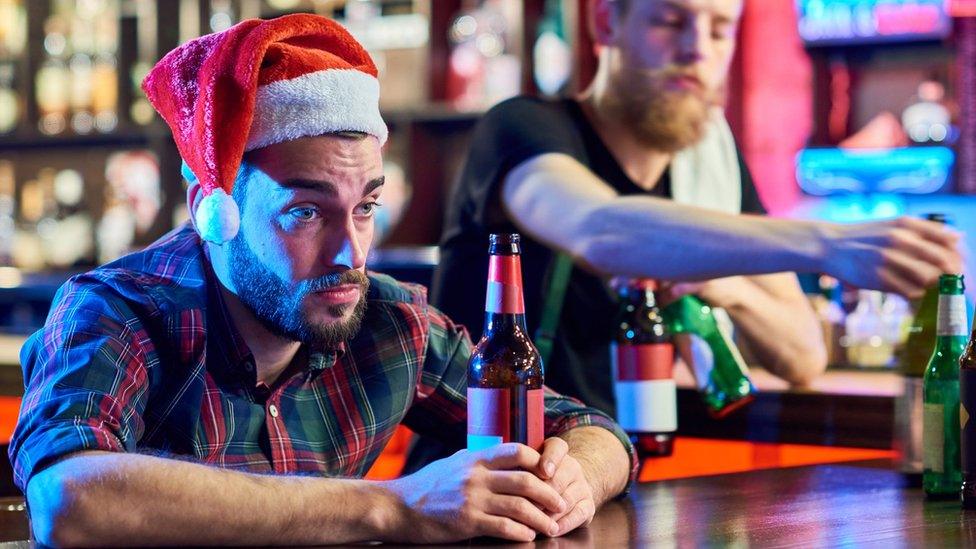
A number of big businesses are holding smaller Christmas parties within departments, rather than larger, company-wide events.
Uncertainty over the Omicron Covid variant has added to safety concerns over large gatherings.
Several companies, including NatWest, Aviva and Deloitte are hosting smaller team-based parties, and said attendance at any event will be a personal choice.
Events businesses said they hoped for big parties to help them recoup losses.
Consultancy firms PwC, EY and KPMG also confirmed that firm-wide events were not planned, but smaller teams could make plans among themselves.
"We won't be holding a large firm-wide Christmas party for our people in the UK this year, but teams will be able to have smaller celebrations," EY said.
Meanwhile, KPMG said in light of the new Covid variant, team gatherings could "still take place but we are stressing that this is only if our people feel comfortable doing".
About 52% of UK workplaces have decided not to hold a Christmas office party, according to a survey of 2,000 office workers commissioned by Covid testing company Prenetics.
The government has said there is no need to cancel Christmas parties despite the emergence of the Omicron coronavirus variant, with people urged to get a booster vaccine.
However, NHS Providers said some NHS trusts have asked staff "not to mix in big groups" in the run-up to Christmas.

'We've postponed our party'
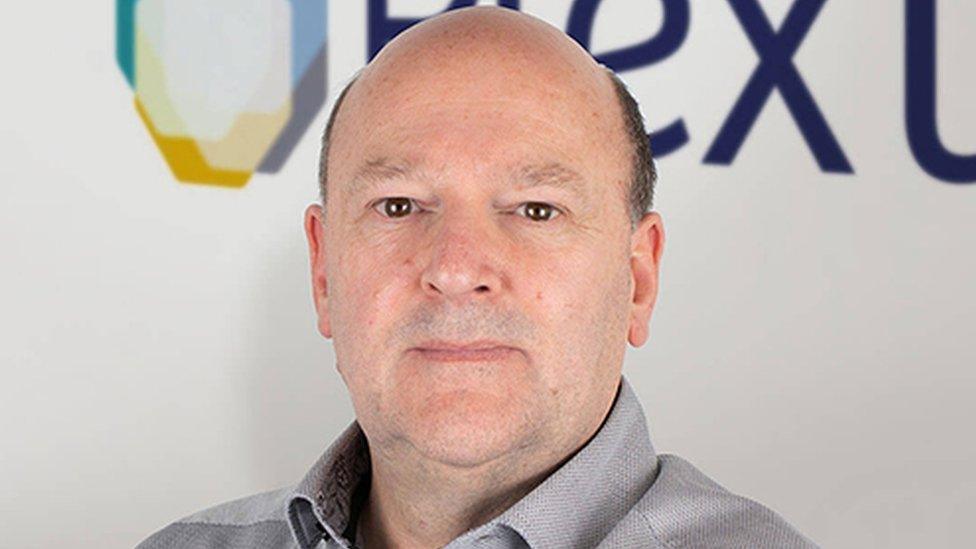
Plextek Services Ltd, an engineering services business based in Great Chesterford, told the BBC it had postponed its office Christmas party from 10 December to 25 February.
Chief executive Brent Hudson said some of its 80-strong workforce were "becoming worried" about the new variant, so the postponement made sense because Plextek wanted to have "as well-attended an event as possible".
"The venue said that if we postponed any closer to 10 December than now, we would be liable for the full cost," he added.
"We felt there is a reasonable chance the government will ban such gatherings between now and 10 December and are unwilling to write off the cost."

'Extreme' uncertainty
Sir Martin Sorrell, executive chairman of the advertising agency S4 Capital, said that among its clients there has been "a sharp series of cancellations since this [Omicron] happened just three, four, five days ago".
"The uncertainty is extreme," he told the BBC's Today programme. "And government policy - understandably, to be a little bit sympathetic to the government, it is an extremely difficult situation - but we have been through this before with Delta and the previous variants so you would have thought the government would be a little bit more prepared for what may or may not happen in terms of scenarios and planning."
NatWest, which employs nearly 60,000 full-time staff, has urged employees to take a lateral flow test before attending team events.
Insurance firm Aviva has also asked staff to take a Covid test on the morning of their Christmas parties, which are understood to be taking place within teams. The company also advised people to "wear face coverings as appropriate".
Rosie McInerney, people and talent lead at broadband provider Cuckoo, said there was "so much value in all getting together as a business," adding: "There's only so much that Zoom and Google Meet can do for you."
Alisa Mistry, HR advice manager at CharlieHR, said the 3,000 businesses the company it works with were not looking to cancel their Christmas parties, but were asking for "guidance on how they can keep everyone safe".

Christmas party... abroad?
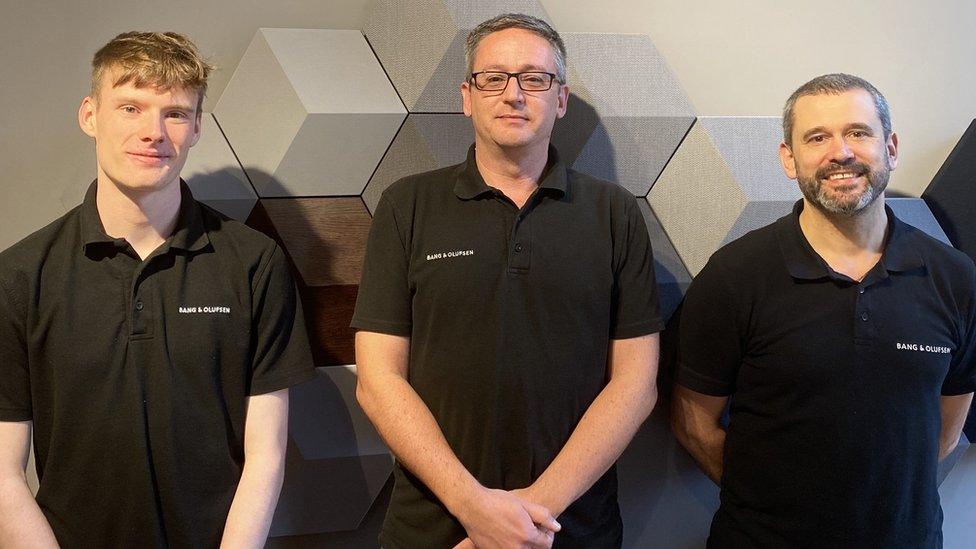
Matthew Dibley is taking his staff on holiday to Lanzarote to thank them for their hard work
Matthew Dibley, owner and manager of Bang and Olufsen in Exeter, is taking his six staff on a four-day Christmas holiday to Lanzarote.
Mr Dibley told the BBC he decided on the trip, from 16 December to 19 December, to reward his staff for their hard work over a "rough couple of years".
"We like to treat our staff well and pay them well," he said. "It's not something we would normally do."
However, Mr Dibley said he and his team are worried whether concerns over the new Omicron variant will lead to more international travel restrictions.
"We just think this will be typical if we are not allowed to go," he added. "We are hoping we can still go."

Business Minister George Freeman said: "For many small businesses who have four or five staff who work together every day anyway gathering to have a drink is not a big risk, but some companies might normally bring hundreds of people in from around the world and they, this year, may decide is that sensible, given the pandemic and where we are.
"In the end I think businesses know how to make those decisions."
The emergence of the new Covid strain has not led to restrictions being placed on hospitality, but businesses say customer confidence in eating and drinking out has taken a hit, with a flurry of cancellations ahead of the sector's main money-making period of the year.
Michael Kill, chief executive of the Night Time Industries Association, told the BBC he would have "absolutely loved" to have seen the return of the Christmas party this year, but bookings had "stalled" since the emergence of the Omicron variant.
He said a number of event companies had also reported cancellations in recent days.
"The government needs to recognise that, while restrictions are not in place for the hospitality and night time economy sectors, we are reliving the moments of March 2020 where the prime minister asked people not to go to pubs, bars, clubs and theatres," Mr Kill added.
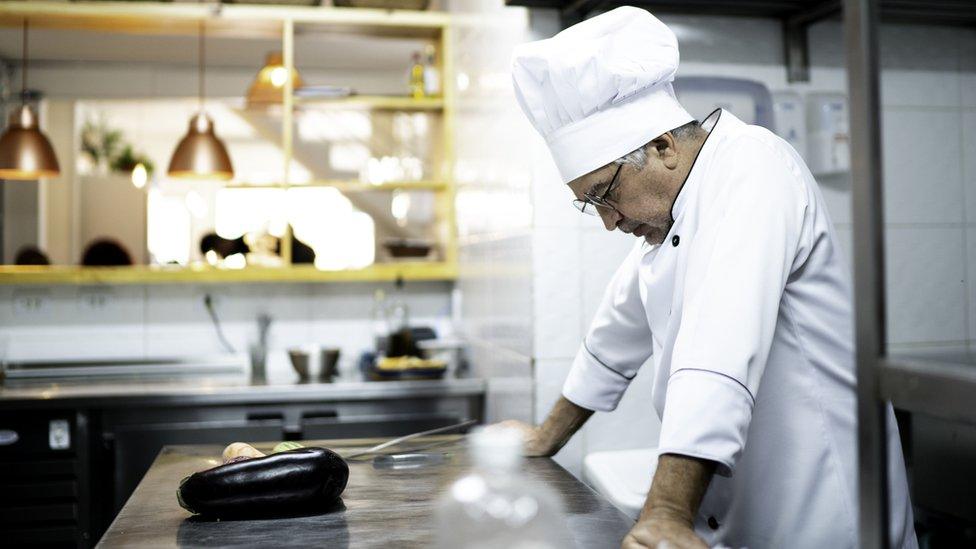
Design My Night, a digital platform which allows people to make bookings at restaurants, bars and pubs, said it had seen a spike in people cancelling bookings scheduled during December.
The company said that after the government announced masks would be mandatory in shops in England again last week, cancellations increased 14%, compared to the week before.
Hospitality has been one of the hardest hit industries by the coronavirus pandemic, with pubs, hotels and eateries having to close during three lockdowns.
"The chilling talk of Plan B is already being felt across hospitality as bookings are cancelled and plans changed," said Kate Nicholls, chief executive of industry body UK Hospitality.
"There is no doubt that this will have a damaging effect on businesses, just as they head into their key trading period."
- Published1 December 2021

- Published1 December 2021
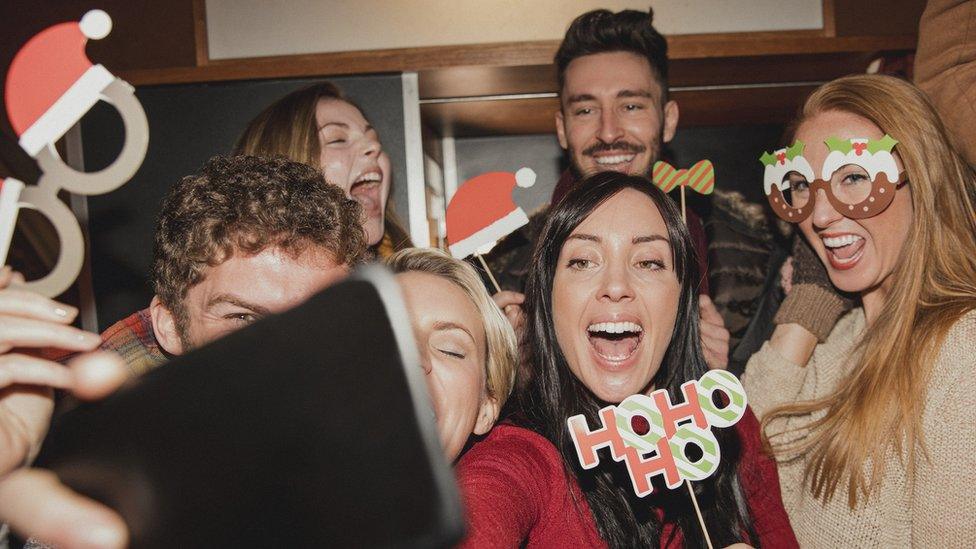
- Published30 November 2021
